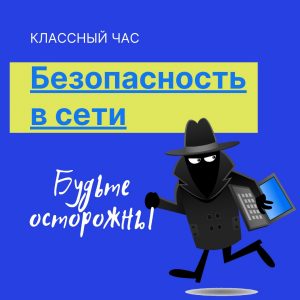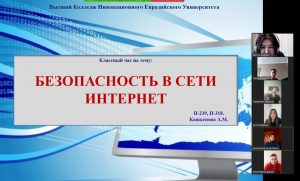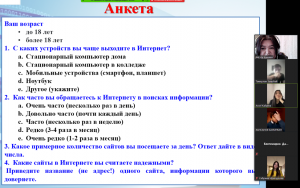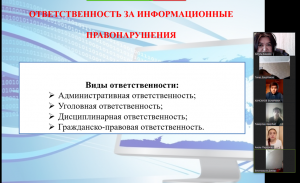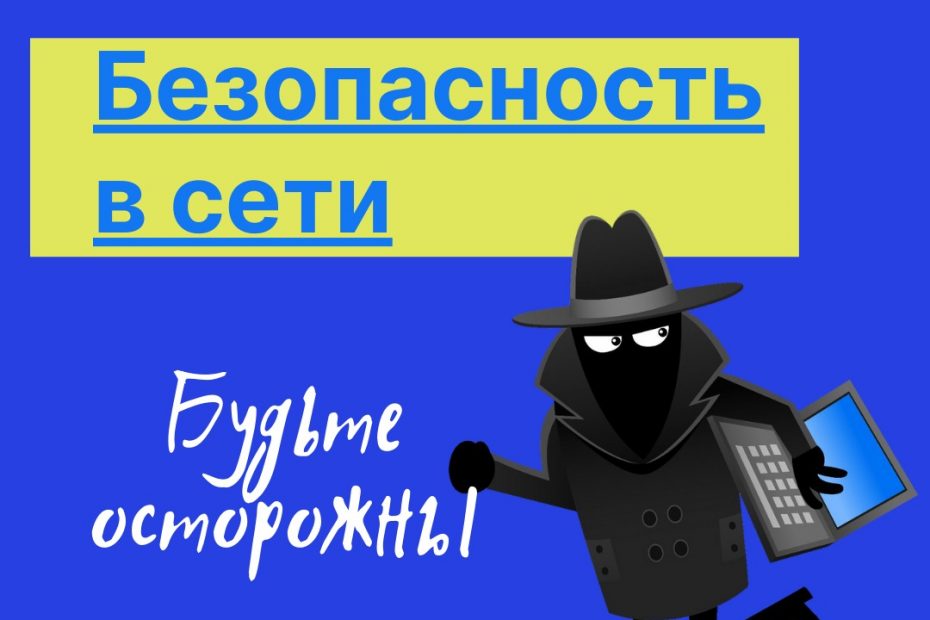The wide capabilities of information technologies allow automating the process of monitoring and managing state, economic, social, defense and other facilities and systems, receiving, accumulating, processing and transmitting information about these processes at almost any required speed and in any quantity. Informatization is currently playing a decisive positive role in the development of human civilization.
However, the information society brings not only positive development, but also certain problems.
Qualitative indicators characterizing modern crime indicate that it actively assimilates and uses the achievements of technical progress and new information technologies. The intensive development of means of informatization and communication, their widespread introduction into all spheres of human activity led to the emergence of a new type of crime – crimes in the field of informatization and communications, or, as they are often called, computer crimes.
Types of legal liability for offenses in the field of information and communication:
1. Administrative
2. Criminal
3. Civil law
4. Disciplinary.
Normative legal acts regulating offenses in the field of informatization and communication:
1. The Law of the Republic of Kazakhstan “On Informatization”, which came into force on May 14, 2003.
2. The Code of the Republic of Kazakhstan “On Administrative Offenses” dated July 5, 2014 No. 235-V ЗРК
3. The Criminal Code of the Republic of Kazakhstan dated July 3, 2014 No. 226-V ЗРК.
About this, as well as about information security, the teacher of legal disciplines, class teacher of the Jurisprudence-239 group Kashkenova A.M.
During the lesson, students exchanged views on the possibilities and dangers of the Internet. Among the possibilities of the Internet were named e-mail, information search, education, entertainment, online shopping, etc. Among the threats were identified viruses, fraud, Internet addiction, access to sites containing dangerous information, trolling.
Aigul Mirashovna gave recommendations on the rules of conduct on social networks and on the Internet in general. As a teacher of legal disciplines, she explained to students the types of offenses and responsibilities in the field of informatization and the network.
